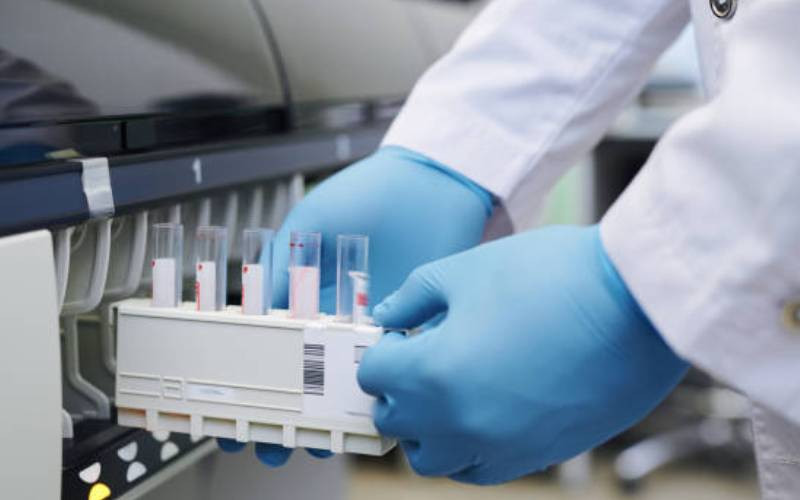ECG tests, which measure the electrical activity of the heart, are often unreliable because breast implants "get in the way"
Breast implants are making it hard for doctors to spot heart attacks in women, experts have warned.
Tens of thousands of British women have undergone operations to have implants placed in their chest.
But a new study found electrocardiogram (ECG) tests, which measure the electrical activity of the heart, were often unreliable because the breast implants "got in the way".
Wrongly diagnosing someone as having suffered one could lead to unnecessary treatment, while wrongly diagnosing someone as having not suffered one could mean potentially deadly delays in getting treatment.
Small sticky patches, called electrodes, are put on the patient's arms, legs and chest and connected by wires to the ECG machine, which picks up and records the electrical signals, which can then be printed on to paper.
These signals are recorded by a machine and are looked at by a doctor to see if they're unusual.
Dr Sok-Sithikun Bun presented his findings at the European Heart Rhythm Association Europace Cardiostim conference in Vienna, Austria.
He said that having a pre-implant ECG for doctors to refer to would help.
Dr Bun, a cardiologist at Princess Grace Hospital in Monaco, added: "We do not want to frighten patients, but it may be wise to have an ECG before a breast implant operation. The ECG can be kept on file and used for comparison if the patient ever needs another ECG."
The women in the ECG trial were in their early 30s to late 40s and healthy, with no known heart problems - 28 of them had implants, 20 did not.
Two independent heart experts, who had never met the participants and did not know whether or not they had had implants, interpreted the women's ECG results.
More than a third of the scans from the implant group were interpreted as "abnormal" by these experts.
But the women were given a clear bill of health with other heart checks.
Dr Bun said: "We think the abnormal ECG recordings were false readings due to the implants.
"We have two hypotheses. It might be the composition of the implant that acts like a barrier for the electrical signals coming from the heart. Or,
It may be a slightly different position of the ECG [chest] electrodes due to the breast implants."
The danger is that ECG readings would be confusing for doctors and get in the way of them reaching a speedy diagnosis for heart attacks.
Dr Bun added: "Doctors could mistakenly conclude that a patient with breast implants has a manifestation of coronary artery disease if they believe in the false ECG findings."
Dr Mike Knapton, of the British Heart Foundation, said the findings would apply to the significant number of women who have had breast implants, either following treatment for breast cancer or as a cosmetic procedure.
He said: "These findings will help those reading an ECG to avoid the risk of a false diagnosis and any unnecessary follow-up tests or treatment."
He added: "Our experience shows that breast implants make it difficult to see the heart with echocardiography because ultrasound cannot penetrate through the implant.
"We wanted to find out if implants also disrupt an ECG. The main difference between the two groups of women was the breast implants so we think the abnormal ECG recordings were false readings due to the implants."
He advised women with breast implants to inform their doctor before having an ECG.
He added: "When a patient comes to the emergency department with chest pain, an ECG is performed to see if they are having a heart attack.
"Doctors should be aware that ECG interpretation can be misleading in patients with breast implants. In case of any doubts regarding the diagnosis, blood tests need to be performed depending on the symptoms.”
 The Standard Group Plc is a multi-media organization with investments in media platforms spanning newspaper print
operations, television, radio broadcasting, digital and online services. The Standard Group is recognized as a
leading multi-media house in Kenya with a key influence in matters of national and international interest.
The Standard Group Plc is a multi-media organization with investments in media platforms spanning newspaper print
operations, television, radio broadcasting, digital and online services. The Standard Group is recognized as a
leading multi-media house in Kenya with a key influence in matters of national and international interest.











